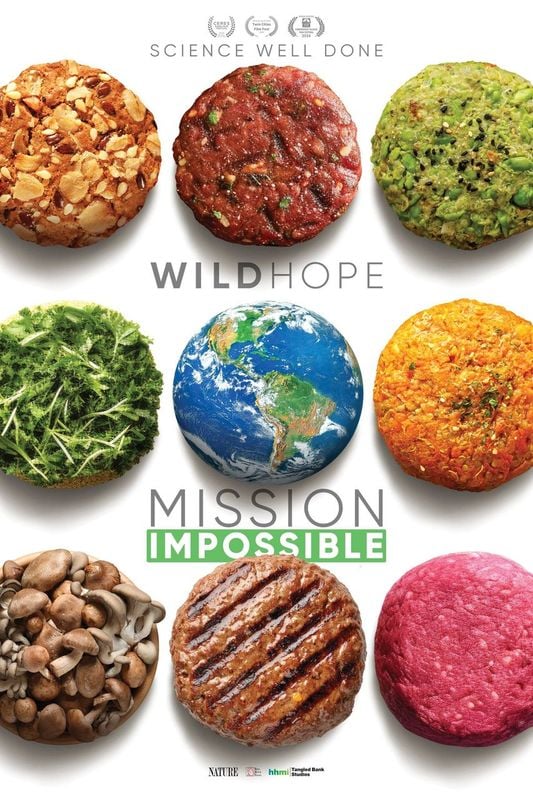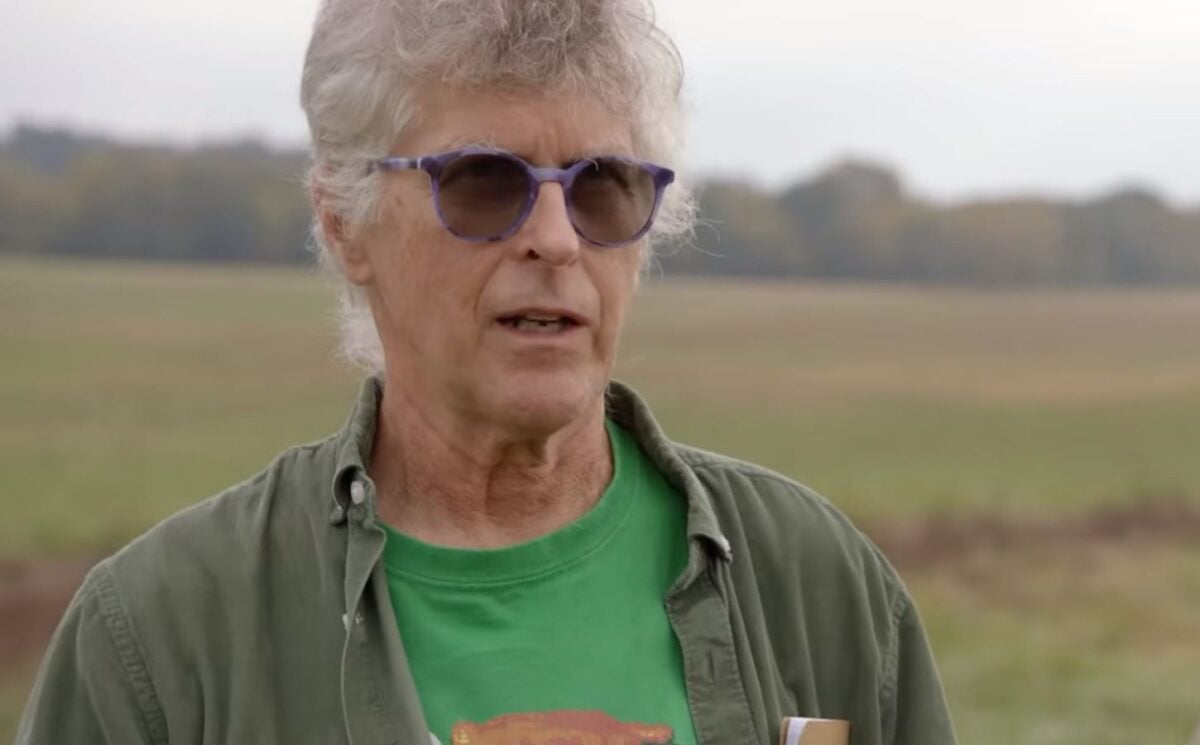Pat Brown, the founder and CEO of plant-based meat company Impossible Foods, is the subject of a new documentary about his attempt to turn cattle ranches into forests.
Read more: Plant-Based Meat Cuts Environmental Impact by 89%, Study Finds
The film, titled WILD HOPE: Mission Impossible, follows Brown and scientist Michael Eisen as they investigate how to convert former cattle ranches into biodiverse, carbon-capturing forests on a thousand-acre property in Arkansas they name “The Carbon Ranch.”
Brown is a pioneering biochemist and former Stanford professor who shifted his focus to the production of plant-based foods over a decade ago. Brown founded Impossible in 2011 after trying to figure out what “the most important” way to improve the world would be.
After noting the huge negative impact of animal agriculture on the climate crisis, biodiversity, and the planet, he created the Impossible Burger as a sustainable alternative to meat. Having successfully helped to reduce meat consumption, Brown explores the reclamation of former farm land.
WILD HOPE: Mission Impossible is based on Andrew Balmford’s book Wild Hope. It was produced by HHMI Tangled Bank Studios and released as an episode of the Wild Hope TV series about “heroic stories of biodiversity.” It is available via the PBS app and is streaming for free on PBS.org, the PBS/Nature YouTube channel, and WildHope.TV
“My purpose in participating in the documentary was to make people aware that it’s essential to eliminate the use of animals [and] technology for producing meat, fish, and dairy foods,” Brown told Plant Based News. “And then to restore native ecosystems on the vast land area currently used for animal agriculture in order to put the brakes on global heating and halt and reverse the catastrophic global collapse of biodiverse ecosystems.”
Read more: New Study Latest To Find Men Favor High-Impact, Meat-Heavy Diets
American consumers swap meat for Impossible Foods

Brown’s Impossible products are high in protein and have a hyper-realistic taste and texture. This makes those products particularly popular with meat-eaters and flexitarians, the brand’s core demographic and the primary drivers of the modern plant-based food market.
A 2021 analysis by BVA Nudge Consulting suggested that Impossible Foods had converted 33 million Americans to plant-based meat at the time of writing. Around 72 percent of the brand’s sales replace would-be meat purchases, significantly reducing overall consumption.
Thirty percent of all purchasers of meat alternatives in the US buy Impossible products. Since October, Impossible has launched several new products, gained new health certification for its “Lite” plant-based beef, and is moving closer to EU approval.
“I decided 15 years ago to devote the remainder of my scientific career to replacing humanity’s most destructive invention (the use of animals as a food technology),” said Brown. “I believed then that eliminating the use of animals in the global food system and repairing the damage it’s done was the most important thing I could do with my life and I’m just as optimistic and determined and excited about the project today.”
Read more: ‘Fake News About Fake Meat’: New Guide On Alternative Proteins






